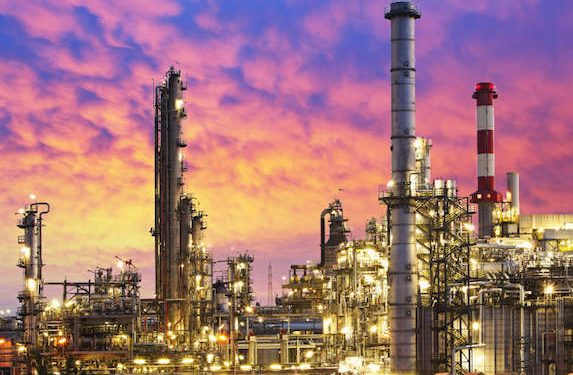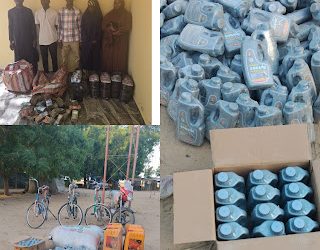Dangote Petroleum Refinery Ltd has refuted claims that recent reductions in fuel pump prices by independent marketers were triggered by the federal government’s suspension of the 15 per cent import tariff on Premium Motor Spirit (PMS) and diesel.
According to the company, in a statement, “the price cuts are solely the result of its own decision to reduce the ex-depot prices of PMS as of 6 November 2025”.
The refinery described such reports as “deliberately misleading” and “inconsistent with actual market realities.”
“For clarity, we reduced the gantry price of PMS from ₦877 to ₦828 per litre on November 6, representing a 5.6 per cent reduction, while the coastal price was adjusted from ₦854 to ₦806 per litre,” the statement noted.
These adjustments were publicly announced on several media houses, before marketers adjusted their pump prices.
The company emphasised that the price adjustments were not related to any government policy shift regarding import tariffs.
The Refinery noted that the 15 per cent import tariff had been approved by President Bola Ahmed Tinubu, back on 21st October, 2025, for immediate implementation.
“Even though the tariff has not been implemented, we still took the socially responsible step of reducing PMS prices to ensure Nigerians benefit from domestic refining,” the company added.
Since beginning operations, the refinery stated that it has reduced prices more than seven times, absorbed logistics costs to maintain nationwide price stability and uniformity, and helped resolve fuel scarcity during peak demand seasons.
The company also criticised marketers who import substandard fuel, warning that such actions amount to economic dumping and pose threats to both consumers and local industries.
“Despite being inferior in quality, imported products are still sold at higher prices than our premium-grade fuel,” it said, pointing at the decline of Nigeria’s textile industry due to unchecked dumping of inferior textiles.
The refinery reaffirmed its commitment to supplying high-quality petroleum products at competitive prices while contributing to national energy security.
With investments exceeding $20 billion, the refinery insists it is in the Nigerian market for the long term, unlike what it described as “speculative importers” who enter and exit based on temporary policy changes.
“We remain focused on delivering reliable and competitively priced fuel to Nigerians, regardless of policy fluctuations,” the company stressed.









